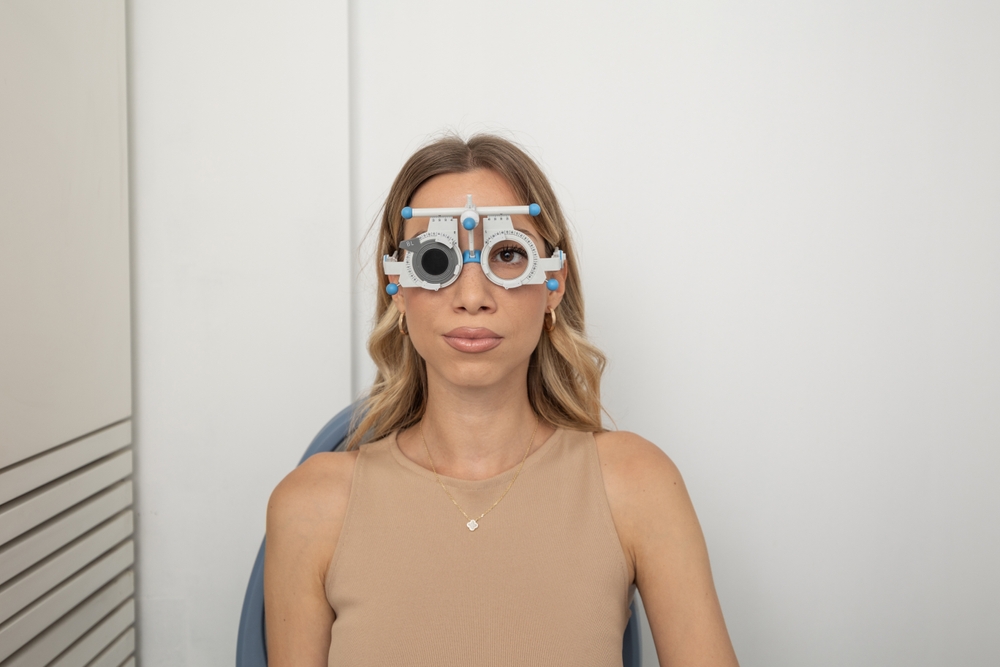
Good vision is more than just seeing clearly at a distance. It involves how efficiently your eyes work together, how well your brain processes visual information, and how effectively you can respond to what you see. For many individuals, both children and adults, visual processing issues can impact daily tasks, academic success, work performance, and even athletic ability. Vision therapy is a powerful and noninvasive treatment designed to enhance these skills and significantly improve quality of life.
What Is Vision Therapy?
Vision therapy is a customized program of eye exercises and activities prescribed by an optometrist. It is used to treat functional vision problems such as eye tracking, focusing, eye teaming, and visual processing difficulties. The goal is to retrain the visual system, including the eyes and brain, to work together more efficiently.
This therapy is often compared to physical therapy but for the eyes and brain. Each session builds on previous progress and can include exercises using specialized tools such as lenses, prisms, and computer programs.
The Role of Visual Processing in Daily Life
Visual processing refers to how the brain interprets and makes sense of the visual information received by the eyes. Even with perfect eyesight, a person can struggle with processing what they see. This can lead to difficulties in reading, driving, coordination, and concentration.
Some common signs of visual processing issues include:
• Difficulty maintaining focus while reading or doing close-up work
• Trouble copying from a whiteboard or book
• Poor hand-eye coordination
• Frequent headaches or eye strain
• Avoidance of visually demanding tasks
How Vision Therapy Helps
Vision therapy strengthens the connection between the eyes and the brain, improving visual efficiency and interpretation. Some of the key benefits include:
• Improved Reading and Learning: Children struggling with reading comprehension, letter reversals, or skipping lines often benefit from vision therapy, as it helps develop better eye tracking and focus.
• Enhanced Athletic Performance: Athletes can gain better depth perception, reaction time, and coordination through targeted vision therapy exercises.
• Better Focus and Productivity: Adults experiencing visual fatigue, headaches, or difficulty concentrating, especially after long hours on screens, may find relief and improved efficiency with vision therapy.
• Support for Developmental or Neurological Conditions: Vision therapy can also aid individuals with ADHD, dyslexia, or those recovering from a concussion by addressing underlying visual processing issues.
Start Your Vision Therapy Journey with Giles Optometry
Vision therapy offers life-changing results for those struggling with visual processing difficulties, whether it’s a child falling behind in school or an adult facing challenges at work. We specialize in diagnosing and treating these functional vision problems through personalized vision therapy programs that help improve performance and confidence in everyday life.
If you or your child are experiencing symptoms of visual processing issues, schedule a consultation with Giles Optometry to enhance your daily performance through vision therapy. Visit our office in La Mesa, California, or call (619) 399-2506 to book an appointment today.




